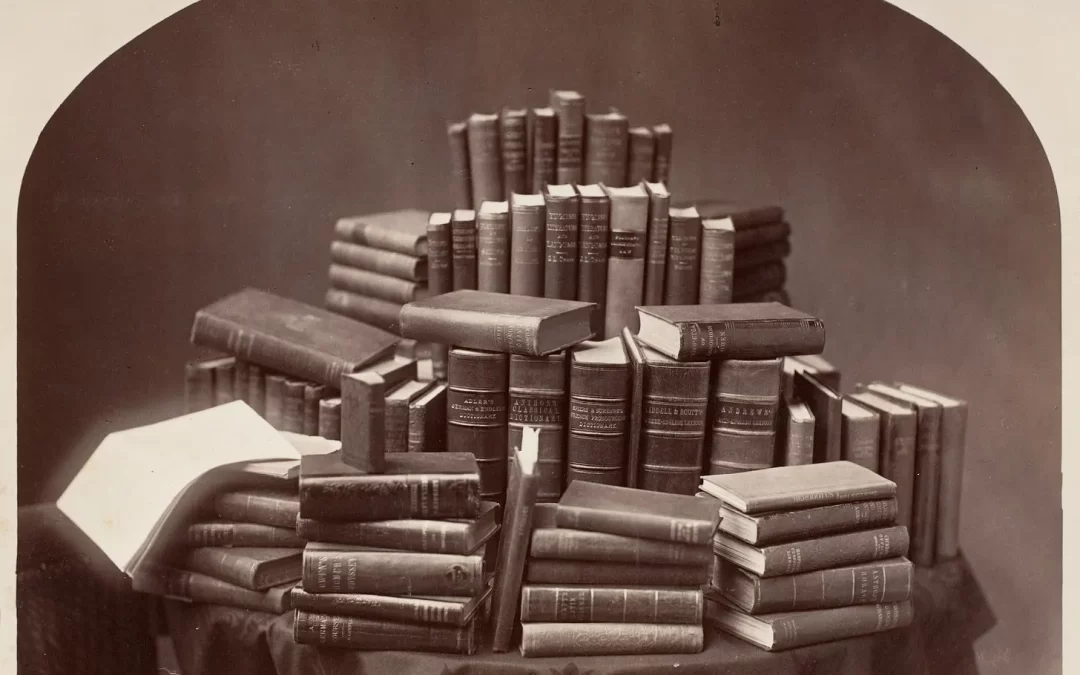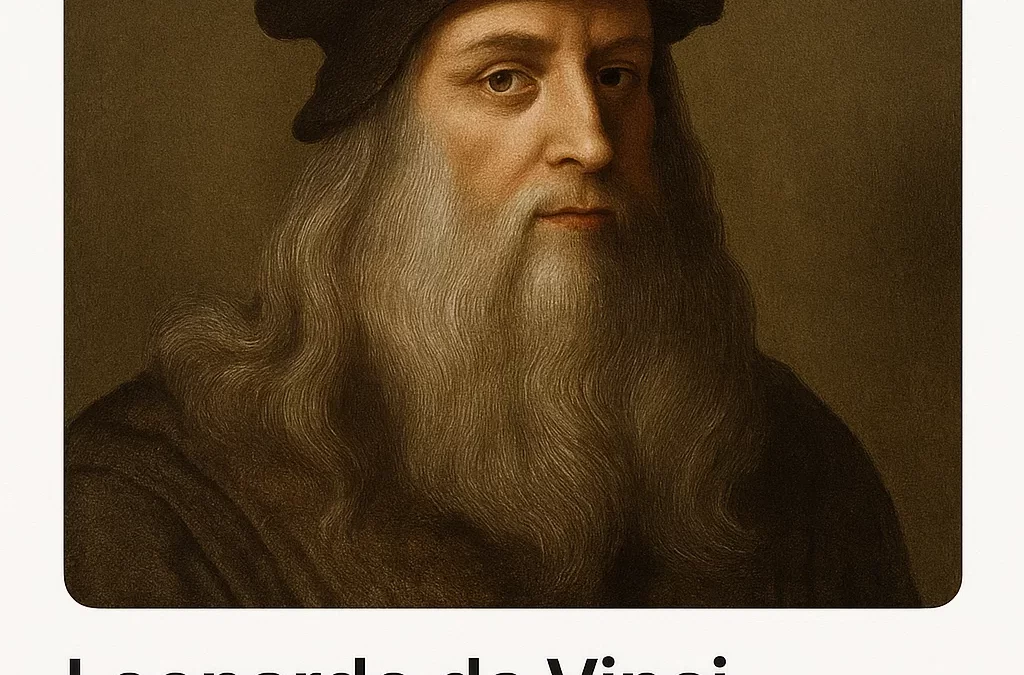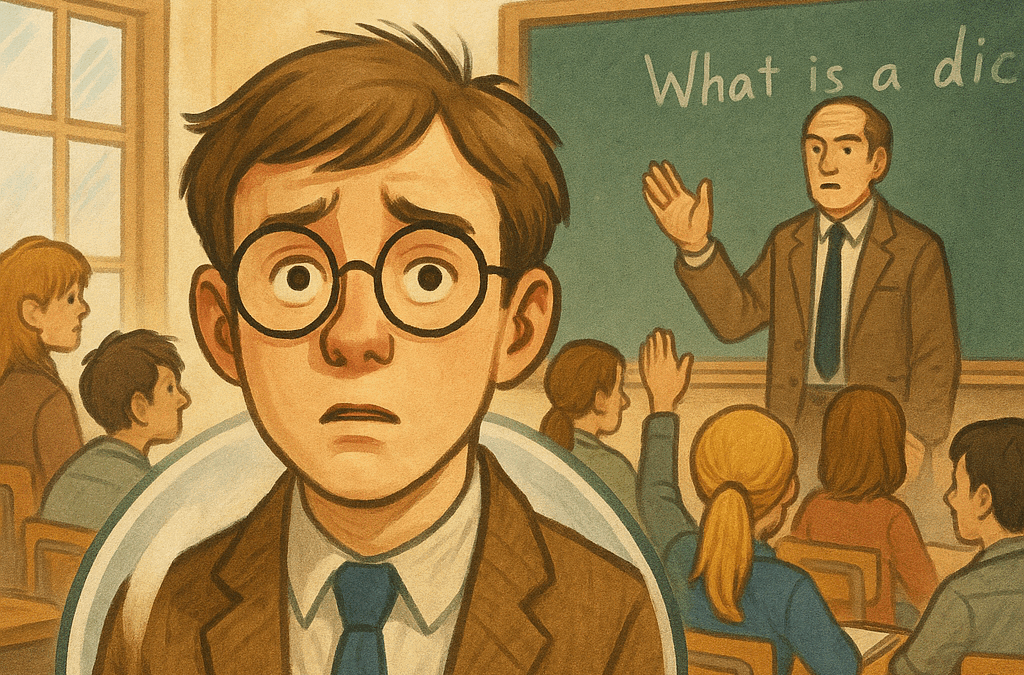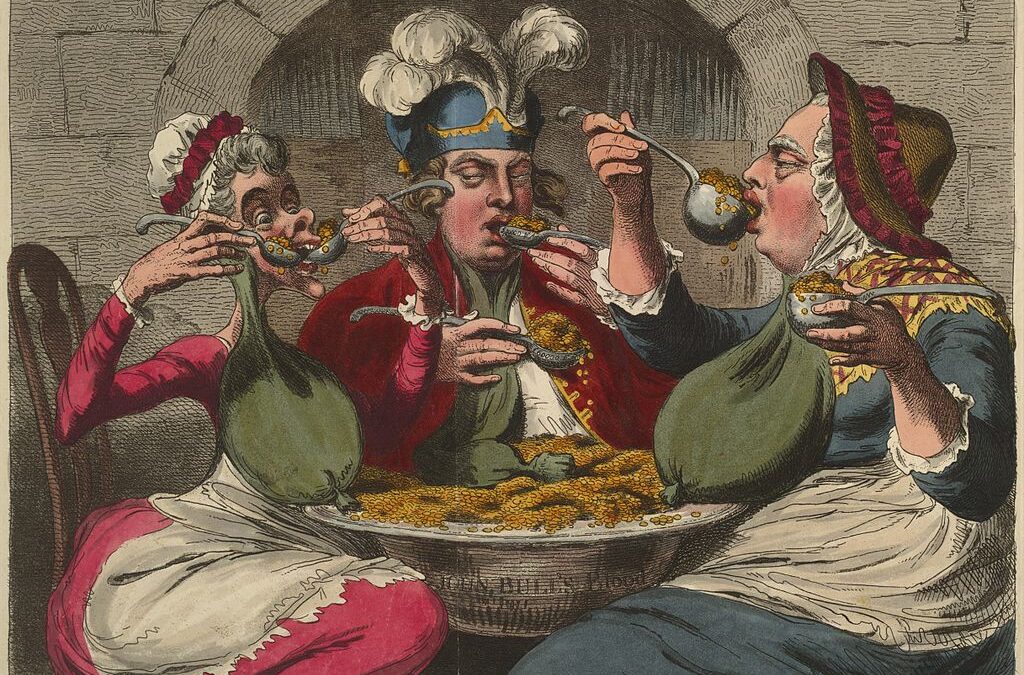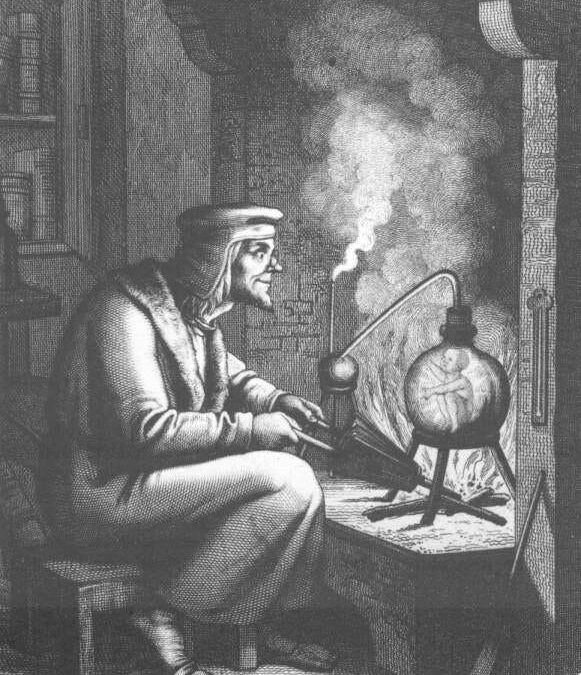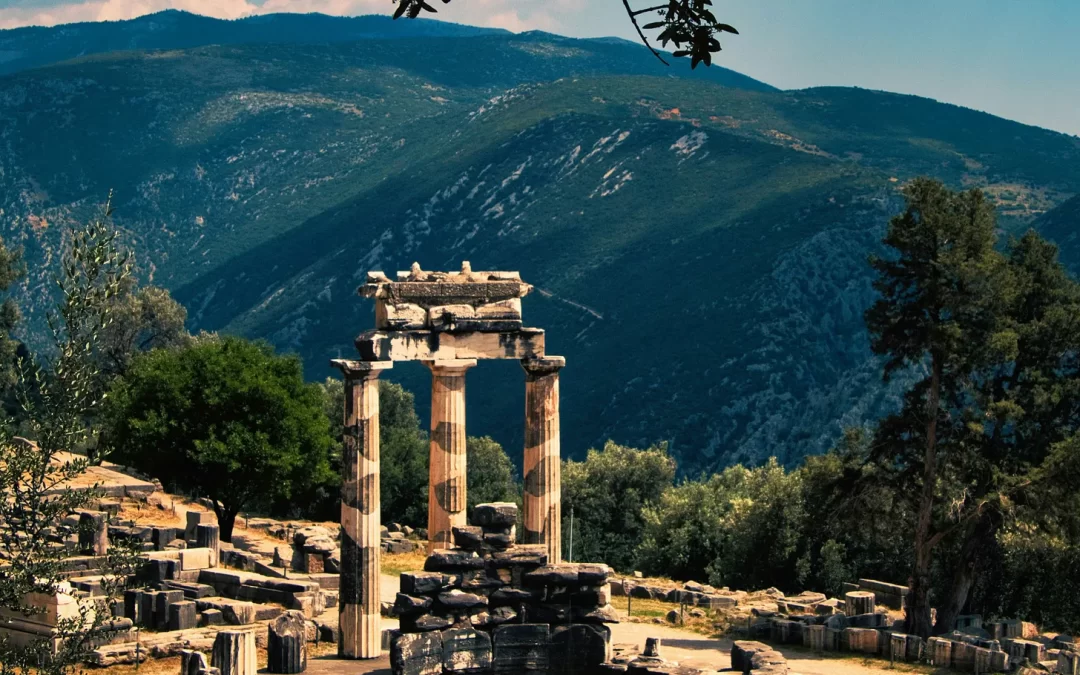The modern world has suffered in the past century, and into the present one, from the tyranny of monomaniacs, from murdering monsters of depravity like Hitler, Stalin, and Chairman Mao, to cultural purists infected with the arrogance of privilege, like Trump and Trudeau, although the latter two, moral pygmies both, are derided abroad as contemptibly simple buffoons. All of these ideologues are possessed of the ‘single vision’ of their own blinkered ideologies. They play to the madding crowd and demonize those who disagree with them, but the worst three massacred their critics. Whatever their faults, the last two have not.
“Our people desire, and are determined to work for, peace on earth…based on…agreement freely arrived at by equals.”
~Harry S. Truman, January 20, 1949.

Local Photo ID: 342-C-K6011 (NAID 148728174). Original Caption: “General view of Hiroshima, Japan as seen from vicinity of ‘zero’, shows complete devastation as a result of atomic bombing.” March 1946
“Get thee glass eyes,” Shakespeare’s King Lear tells blind Gloucester, “and like a scurvy politician, seem to see the things thou dost not.” ((Act IV, sc. vi). Politicians could not be trusted then; they cannot be trusted today. Politics has always been downstream of culture; the further upstream, the higher the culture. The river flows pure and natural until it encounters muddied mediocrity. Like Gloucester’s blindness, the blindness of politicians is due to defective vision. At their best, they suffer from the ethical blindness of their ‘single’ vision: surrounded by sycophants to whom they owe favours, their commitment to the truth is suspect. They are confident in their preening self-satisfaction. They lack a sense of irony.
Ironists are not politicians, but among ironists are thinkers, artists, novelists, dramatists, academic, medical and legal professionals, philosophers and literary critics. They are not ideologues. They are familiar with what the great novelist Thomas Hardy called ‘life’s little ironies.’ Truth, they know, both from their education and life experience, is seldom simple, rarely black or white, more often composed of various shades of grey, deserving of thoughtful debate and counsel, and requiring freedom of speech to voice dissent. In fact, central to all forms of irony, whether as a technique or as a moral perspective, is a dual, or ‘double’, vision, a surface meaning accompanied by a deeper concealed meaning that is at variance with it, or even in flat contradiction of it. The following are some illustrations of this phenomenon.
When a player throws a baseball that goes wildly astray to a fellow-player, breaking a neighbour’s window, and causing the intended recipient to call out, “Brilliant!” the speaker is of course being sarcastic. He has used verbal irony. He means the opposite of what he says. The offending player is unlikely to interpret the comment as applause. When a long-serving employee, having regaled his colleagues frequently, and at length, with the details of how he will spend his retirement, drops dead suddenly at the bus-stop minutes after having said his final farewell to his workplace, this is also ironic: it is called irony of events. Expectations are thwarted by their opposite: unsuspected circumstances that some might call fate. When a character in a stage play or film drama is blissfully unaware of a terrible truth that the audience or other characters, or both, know full well, the tension in this situation is said to be full of dramatic irony. Once again, a victim of his own ignorance is unaware of his peril. All three of these are isolated examples of irony, available to anyone who sees a discrepancy between appearance and reality, or between a fact and the value attached to it.
For the true ironist, however, irony is not merely a method, but a way of life. Ironists are not made, but born. They are contrarians at odds with popular sentiment, outsiders in exile from their own societies, observers and commentators rather than participants, detached from the fever of the busy world around them, whose activities seem to them to border on the absurd.
The absurd “may be taken to symbolize the incurable and chimerical hoax of things” of life, and not its “corrigible deformities,” says Morton Gurewitch; “the vanity of vanities that informs the world’s irony is beyond liquidation.” In an era notorious for but not limited to Pearl Harbour, nuclear catastrophe, sexual confusion, economic and social disparity, despoiling of the planet, “ethnic cleansing” and the Holocaust, the ironist cannot accept the mantra that “progress” will bring utopia. He (or she) is not a reformer. “The modern ironist, “ adds Charles Glicksberg, “is aware that the human condition is beyond remedy.” He “allows contradictions to co-exist and entertains a multiplicity of perspectives.” He is not enslaved to ‘single vision.’ According to Marjorie Perloff, the ironist and philosopher Ludwig Wittgenstein came to understand that “one cannot change society; one can only change oneself.” Irony “directs itself not against this or that particular existence but against the whole given actuality of a certain time and situation,” declares Soren Kierkegaard in his study The Concept of Irony. Whatever their personal allegiances or prejudices, ironists stand apart from their creations like absentee landlords surveying with detachment the private squabbles of their tenants, making no judgements, neither condemning nor condoning their fractious behaviour, in a stance calculated to provoke the thoughtful reader into a deeper examination of the human condition. Continues David Lodge, “When culture is seen as a process of continual decline, nothing is invulnerable to irony.”
Scott Fitzgerald, author of The Great Gatsby, once wrote that only a truly intelligent person can “hold two opposed ideas in the mind at the same time and still retain the ability to function.” Sheila Burbridge goes further, crediting the ironic view of life with this very capacity of holding “two opposed and mutually exclusive perspectives” in the mind simultaneously. The ironist, she says, is one “caught in what Soren Kierkegaard calls the boundary zone between the necessity to believe in the world as it ought to be and the compulsion to acknowledge the ugly reality of the world as it is.” Irony’s enduring merit is to tell the often-unpalatable truth about moral dilemmas and the myth of human perfectibility in order to oppose the smugness of the complacent and willfully ignorant, the simple-mindedness of the zealot, the condescension of the utopian progressive, the camp follower of the propagandist, the dupe of deceptive slogans and false promises. Exposing dishonesty may mean having recourse to such discomforting means as exaggeration, cruel humour, paradox, ambiguity, and contradiction. The writer may not mean what he appears to say. Indirection and obliqueness typify this double vision.
The unsuspecting reader immune to irony takes at face value Jonathan Swift’s revolutionary recommendation to ease the suffering of the hungry Irish poor. The cheerfully enterprising narrator of his famous essay, entitled A Modest Proposal, advocates the butchering and marketing of the flesh of the family’s own infants by their own parents, thereby reducing the number of dependents each family must feed, while simultaneously generating additional family income and providing variety for the palates of the wealthy. Swift’s bitterly ironic joke was in fact designed to awaken the untroubled, indifferent consciences of uncaring readers when he published this essay anonymously in 1729. Swift is in good company. George Orwell, William Shakespeare, Alexander Solzhenitsyn, Jane Austen, Herman Melville, Joseph Roth, Albert Camus, Evelyn Waugh, and a host of others also had similar diets of ‘unpalatable’ truths to share. The great prophets were ironists. So was Socrates. And so was Jesus.
As a reflective and serious outsider, the heir to the throne of Denmark, yet estranged both from his own family, from his true love Ophelia, and from the values of his own society, Hamlet is a victim of an existential moral dilemma, a situation fraught with irony. Urged on by a supernatural agency to avenge his father’s murder at the hands of his brother, Hamlet’s hated uncle Claudius, Hamlet is by his temperament and university education a rationalist disinclined to trust the word of a ghost. He knows he must act, but he also knows his own limitations. He is a thinker given to intellectual paralysis, and he castigates himself relentlessly for his inaction. How is he to proceed?
As a committed Christian and a licensed Lutheran minister, Soren Kierkegaard himself knew that irony was only an intermediate stage in the development of human authenticity, the fulfilment of which could only come with the movement from a person’s awareness of his ironic predicament to his realization of the need to aim for membership in the elite “ethical” or highest level of human performance, in which moral choices are transparently clear to the ethical person, no matter what the cost of necessary action might turn out to be to his own well-being. Ethically-challenged politicians are unlikely ever to be among their number. This final stage in moral evolution is a crucial point in The Concept of Irony. But in the meantime, and until such transformations routinely take place in human society, we must live with the demands of an imperfect human condition. We will take the discussion of irony a step further in the next issue of The Ironist. Please stay tuned.
